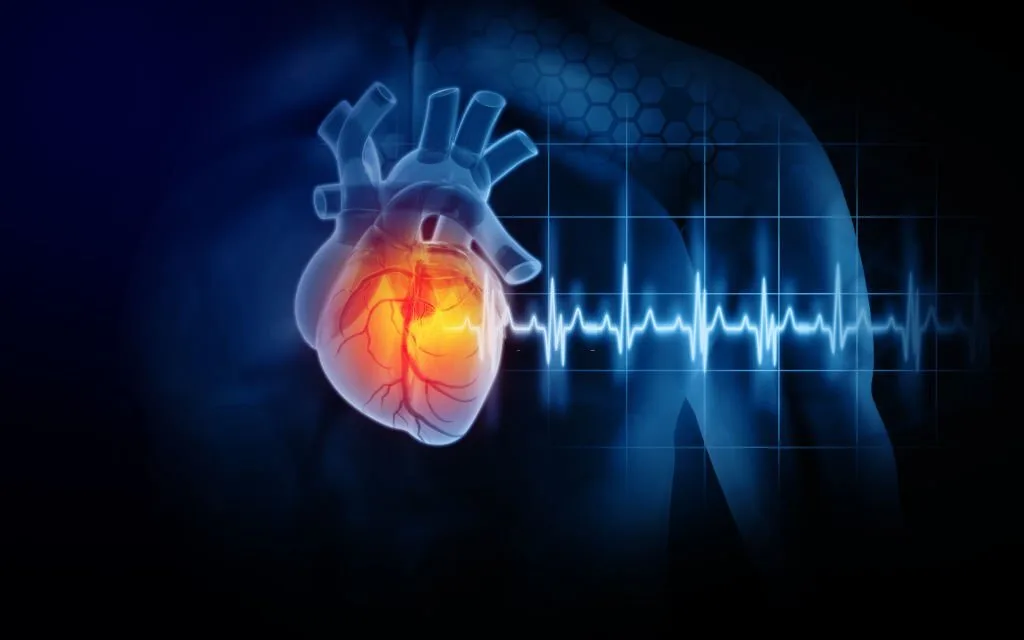Heart palpitations are a common symptom that can be caused by a variety of factors, including anxiety, caffeine, and certain foods. If you have heart palpitations, it is important to avoid certain foods that can trigger or worsen your symptoms.
Here are some foods to avoid if you have heart palpitations:
Caffeinated beverages: Caffeine can increase heart rate and blood pressure, which can trigger or worsen heart palpitations. Avoid caffeinated beverages such as coffee, tea, soda, and energy drinks.
Chocolate: Chocolate contains caffeine and other compounds that can trigger heart palpitations. Avoid chocolate, especially dark chocolate, which is higher in caffeine.
Alcohol: Alcohol can also increase heart rate and blood pressure, and it can also interfere with sleep. Avoid alcohol if you have heart palpitations.
Processed foods: Processed foods are often high in unhealthy fats, sugar, and salt. These foods can contribute to inflammation and other health problems that can worsen heart palpitations. Avoid processed foods such as chips, candy, cookies, and fast food.
High-fat foods: High-fat foods can also cause inflammation and other health problems that can worsen heart palpitations. Avoid high-fat foods such as red meat, fried foods, and full-fat dairy products.
Sugary drinks: Sugary drinks can contribute to weight gain and other health problems that can worsen heart palpitations. Avoid sugary drinks such as soda, juice, and sports drinks.
Salty foods: Salty foods can increase blood pressure, which can trigger or worsen heart palpitations. Avoid salty foods such as processed snacks, canned foods, and restaurant food.
In addition to avoiding these foods, it is also important to eat a healthy diet that is rich in fruits, vegetables, and whole grains. This type of diet can help to reduce inflammation and improve overall heart health.
Here are some tips for following a healthy diet if you have heart palpitations:
Eat plenty of fruits and vegetables. Fruits and vegetables are low in calories and fat and high in fiber. They also contain vitamins, minerals, and antioxidants that are important for heart health.
Choose whole grains over refined grains. Whole grains are more nutritious than refined grains and they can help to lower cholesterol levels.
Choose lean protein sources. Lean protein sources such as chicken, fish, and beans are low in saturated fat and calories.
Limit saturated and unhealthy fats. Saturated and unhealthy fats can increase cholesterol levels and worsen heart health.
Limit salt intake. Too much salt can increase blood pressure, which can trigger or worsen heart palpitations.
If you have heart palpitations, it is important to talk to your doctor. They can help you to determine the underlying cause of your palpitations and recommend treatment options.

Here are some additional tips that may help to reduce heart palpitations:
Get regular exercise. Exercise can help to improve heart health and reduce stress. Aim for at least 30 minutes of moderate-intensity exercise most days of the week.
Manage stress. Stress can trigger or worsen heart palpitations. Find healthy ways to manage stress, such as exercise, yoga, or meditation.
Get enough sleep. Sleep is essential for overall health and heart health. Aim for 7-8 hours of sleep each night.
By following these tips, you can help to reduce your risk of heart palpitations and improve your overall heart health.




